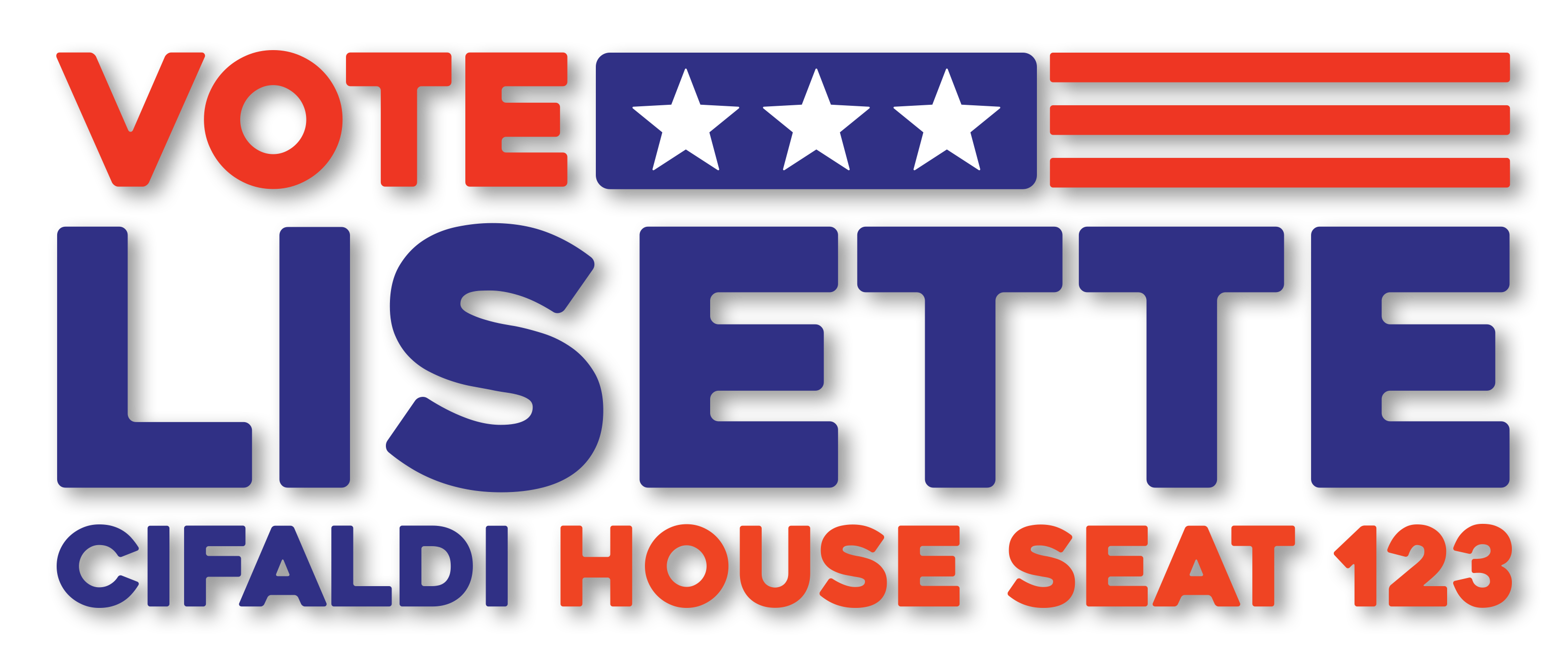My opponent for the South Carolina House of Representatives for District 123, Jeff Bradley, is leading the effort to have the state pay for private education with public monies through a so-called voucher program.
Demystify the Voucher Program
A voucher program is where a family receives funds to send their child to a school of their choice, including religious-based institutions and homeschooling. Bradley first introduced the voucher program, known as the Education Scholarship Trust Fund (ESTF), as a way to help children from economically challenged families receive a better education. For the 2024 school year, a family of four making $62,400 or less would qualify. The program was capped at 5,000 students, promising to scale up to 15,000 students by 2027. The goal was simple: a pilot project to provide a lifeline to economically disadvantaged students and evaluate the program’s effectiveness over time.
But it was soon evident, that this was NOT Jeff Bradley’s goal – to help vulnerable children have an opportunity to receive a higher quality education. Before the pilot program was IMPLEMENTED, Bradley got up on the SC House floor and introduced a universal voucher program that removed, well, nearly all the safeguards that made the program palatable in the first place. No more income requirements, no more public-school attendance requirements, and no more pesky testing to measure whether the program was actually working.
Bradley proposed offering universal eligibility by the 2026-27 school year and removing the 15,000-student cap altogether by 2027-28. What does this mean? Wealthy families whose children are already attending private school would now be eligible to receive $6,000 of state taxpayer money toward their children’s private school tuition. The SC House overwhelmingly passed this legislation almost exclusively along party lines.
Jeff Bradley deceived the voters by purporting to help low-income students access a better education but then showed his true intentions by changing the program to one that blatantly gives handouts to those who don’t need them.
Get Ready for Sticker Shock
If you’re wondering how much this is going to cost, brace yourself. If the House-passed universal voucher program becomes law, all K-12 students would be eligible for taxpayer-funded scholarships including the estimated 57,000 SC students already in private schools and the 33,000 SC children who are home-schooled. Based on universal voucher programs that have been implemented in other states, a universal voucher program in SC would cost the taxpayers up to $1.4 billion annually.
With 750,000 students currently in South Carolina’s public schools, is diverting public funds to private education the answer? The numbers—and common sense—suggest otherwise.
Let’s Get Real
The question must be asked whether voucher programs are effective in helping economically vulnerable children receive a better education. According to the Economic Policy Institute, which has completed extensive research on those states where voucher programs have been instituted, the answer is a resounding NO. Their research demonstrates that voucher programs do not improve educational outcomes for vulnerable students, and in some cases worsen them. Voucher programs reduce public funding for public schools and often benefit the wealthy at the expense of low-income and rural families.
Who’s Really Behind the Curtain?
Who is funding Bradley’s attempt to hijack public funds and divert them to wealthy families with children already attending private schools? Well, that would be an organization located in Texas called the American Federation of Children, founded by Betsy DeVos, former Secretary of Education under President Trump. The American Federation of Children Super PAC, the largest conservative organization promoting school privatization (aka vouchers), is spending tens of thousands of dollars on flyers and social media in our district directed at getting Jeff Bradley re-elected
So, what are Bradley’s true intentions? Is he the champion of school choice, or is he just a pawn in a larger game to dismantle public education? Bradley has gone on record saying that public schools are a monopoly, but the question remains: what does he intend to replace them with? And why is a Texas-based organization so interested in a small district in South Carolina?
Time for Answers
The residents of District 123 deserve answers. Bradley’s shift from helping economically disadvantaged kids to pushing a universal voucher program for the wealthy is a bait-and-switch strategy of the highest order. The constituents of Hilton Head, Daufuskie, and Levy didn’t sign up to bankroll private school tuition for the state’s wealthiest families, and they certainly didn’t sign up to dismantle public education in the process.
Bradley’s actions have cast doubt on his integrity and motivations. Is he truly working for the people of South Carolina, or is he pushing an agenda that benefits a select few at the expense of many?
Stay tuned for my next blog on what I would do to improve our South Carolina Public Schools!
